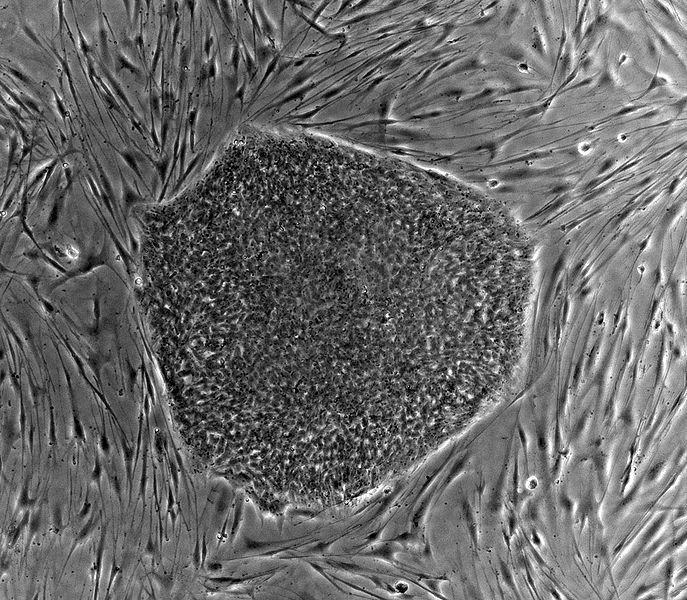Scientists Come up with New Drug to Treat Leukaemia Patients

A new drug that can kill leukaemia cells could be used to treat patients with Acute Myeloid Leukaemia (AML), according to a Cancer Research UK report.
Scientists from the Institute of Cancer Research (ICR) and the Breakthrough Breast Cancer have developed a drug that kills leukaemia cells. They believe the drug could be used to treat AML patients.
Scientists claim that the new drug, double-hits the AML cells and works by blocking the FLT3 gene and Aurora kinase protein. They claim that the FLT3 gene and Aurora kinase are the root cause behind increase in leukaemia cells.
According to the scientists, nearly 30 percent of AML patients have faults in the FLT3 gene. The FLT3 gene creates more aggressive leukaemia cells, which in turn decreases the survival rate. Even though there are several drugs to tackle the cells, scientists have found that leukaemia eventually builds resistance to these drugs making them ineffective.
"There has been great interest in using FLT3 drugs to treat AML, but their effectiveness has been limited because leukaemia cells gain new mistakes in the FLT3 gene, causing resistance," said Dr Spiros Linardopoulos, researcher at the ICR, in a statement.
"Our new drug has the potential to overcome this and has a range of possible uses in AML - as a first line of attack for patients with faulty FLT3, in particular in those over 60 who don't tolerate chemotherapy well, and also to treat leukaemia patients who have relapsed," he added.
In a healthy person, the FLT3 gene sends a signal to the cells telling them when to multiply, while Aurora kinase plays a role in cell division. When leukaemia infects the FLT3 gene and Aurora kinase protein, the FLT3 starts proliferating out of control and the Aurora kinase protein causes a lot of errors during cell division. This "double-hit" drug blocks both the mechanisms that promote leukaemia growth.
The drug is also unique because it can destroy cells even if they develop new faults in the FLT3 genes that would make them resistant to other inhibitors.
"We're excited about the potential of our new 'double-hit' drug and are now planning to take it into clinical trials to see if it is effective in patients," said Professor Paul Workman, director of Cancer Research UK Cancer Therapeutics Unit, in a statement.
Scientists are planning to test the new drug in leukaemia patients to see if it has the potential to treat people with aggressive AML.
"Cancer Research UK has a long history of developing drugs to treat leukaemia more effectively. But designing treatments that overcome resistance is a major challenge for researchers," said Dr Julie Sharp, senior science information manager at Cancer Research UK, in a statement.
© Copyright IBTimes 2025. All rights reserved.





















